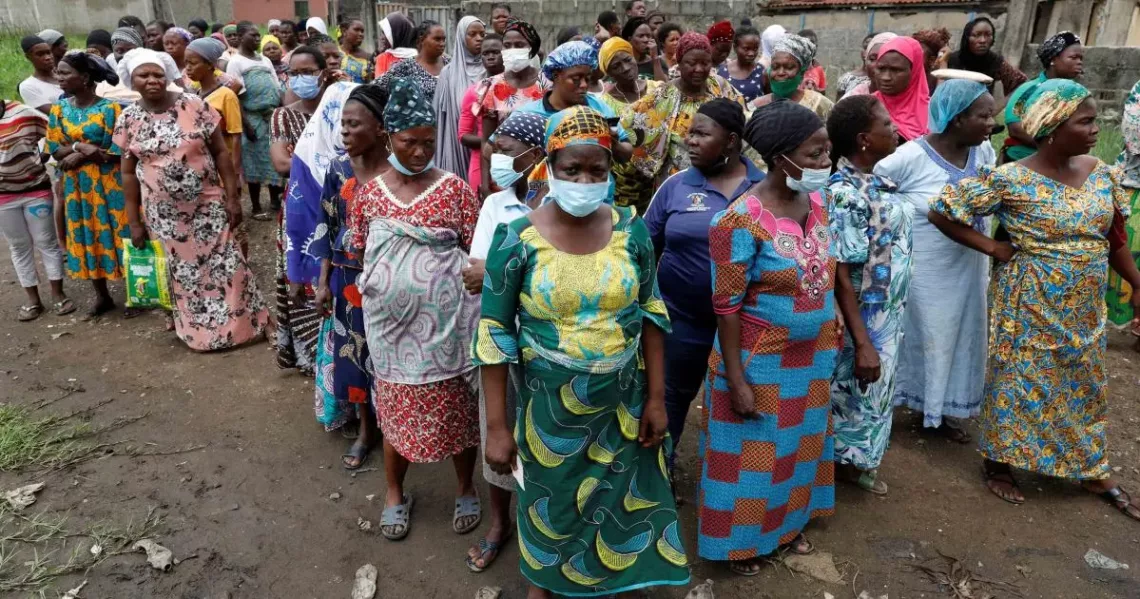In a landmark report unveiled by the Enhancing Financial Innovation and Access (EFInA), a stark reality has been brought to the forefront: poverty stands as a formidable barrier, barring nearly 50 per cent of adult Nigerians from accessing formal financial services.
The latest Access to Finance (A2F) report, meticulously compiled by EFInA, offers a comprehensive analysis of Nigeria’s financial landscape, revealing deep-rooted challenges despite reported strides in formal financial inclusion.
With approximately 40 million adult Nigerians still excluded from mainstream financial channels, the report sounds an urgent call for targeted interventions to address this pervasive issue.
“Nearly 50 per cent of adults have no financial account because they have no income,” EFInA’s report bluntly states, highlighting the dire impact of poverty on financial exclusion. This revelation underscores the pressing need for multifaceted strategies aimed at poverty alleviation and economic empowerment to unlock access to financial services for millions of Nigerians.
While acknowledging commendable efforts by the Central Bank of Nigeria (CBN) in promoting competition and adopting innovative approaches to drive formal financial inclusion, EFInA emphasises that substantial gaps persist, particularly in reaching marginalised communities.
“We need the ecosystem to do more to give the last mile access, and we need to focus on deepening inclusion for those with access,” EFInA urged, emphasising the imperative of extending financial services to underserved populations.
Moreover, the report sheds light on regional and demographic disparities in financial exclusion, with Northern and rural communities bearing a disproportionate burden. Women, youth, and farmers are also significantly impacted, facing barriers to accessing formal financial services. EFInA stresses the critical importance of tailored interventions to address these disparities effectively.
“In the face of an emergency, 78 per cent of adults (87 million) will find it difficult to generate N75,000 in 7 days,” EFInA disclosed, underscoring the urgent need to enhance financial literacy and resilience among Nigerians. High liquidity distress and external shocks, such as health crises and economic downturns, further exacerbate financial vulnerabilities, posing significant challenges to financial well-being.
The A2F survey, funded by the Bill & Melinda Gates Foundation and drawing on data spanning over a decade, serves as a pivotal tool for understanding financial behaviors and informing evidence-based interventions.
By providing granular insights into payment habits, saving patterns, borrowing behaviors, and risk management strategies, the survey equips policymakers and stakeholders with essential information to drive targeted initiatives aimed at advancing broader development goals.
As Nigeria grapples with the entrenched challenge of financial exclusion, EFInA’s report serves as a clarion call for concerted action. Addressing poverty and expanding access to financial services must be prioritised to ensure inclusive economic growth and prosperity for all segments of society.





